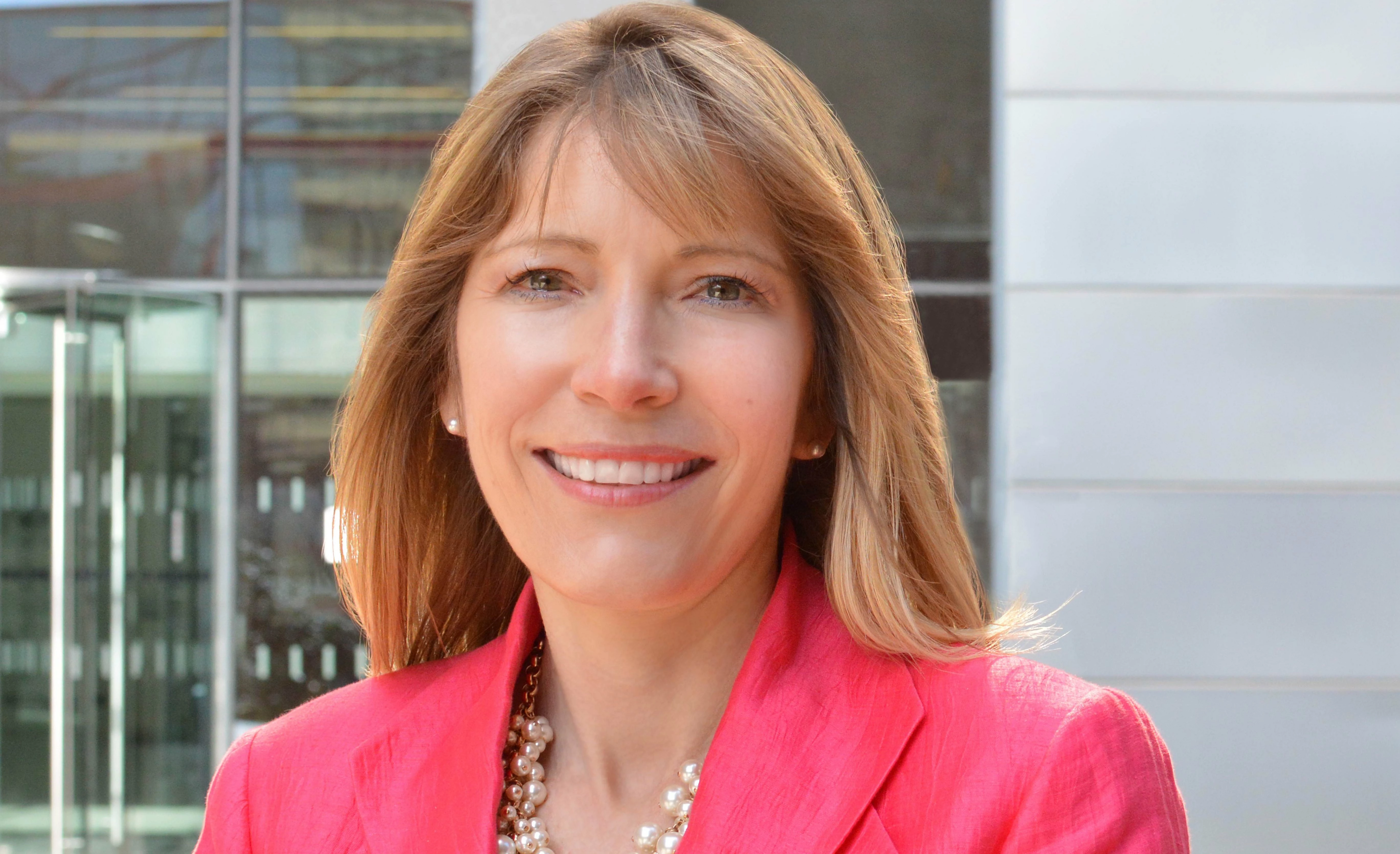
Partner Article
The perils of facing a business future with no financial safety net
MORE than 30 per cent of businesses are emerging from lockdown with no more than three months of cash reserves to support them into the future.
Latest figures from the Office of National Statistics suggest that some of those companies are in fact now running on empty, with no financial cushion at all.
Particularly badly affected are the hospitality, accommodation and beauty sectors.
Deborah Lockwood, director of Sheffield insolvency and recovery practice Graywoods, says directors facing such a financial shortfall need to take the time now to reassess and prepare their business model and operations for a post Covid World.
“The percentage of businesses with just three months’ cash reserves or less has remained at 31 per cent from January to early March but this is a figure that has been slowly increasing since last autumn,” she said.
“Everybody’s attention at the moment is on the road map to recovery and the prospect of light at the end of the Covid tunnel but the reality is that a company with very little to fall back on is going to find the coming months extremely challenging.
“Particularly badly affected are hairdressing and beauty businesses and, almost inevitably, the accommodation and food services sector, where more than half of those questioned say they have been running with just a three month reserve or even less since December.
“What these statistics show is that for many businesses, cash is now slowly starting to run out, possibly as a result of the Coronavirus Business Interruption Loan Scheme (CBILS) and Bounce Back loans now coming to an end.”
Restrictions on issuing Statutory Demands and Winding up Petitions are due to be lifted on 31 March 2021 and by 30 April 2021 suspension of liability for wrongful trading will no longer apply - extra burdens for already struggling companies. Deborah said that businesses emerging from lockdown restrictions would now need money to accommodate payment of arrears and working capital to fund normal trading - both issues that would wipe out small reserves.
“Working capital has mainly come from government support over the last year but this is now ending and people need to think of how they will fund their operations going forward,” she said.
“The route to recovery is not going to be easy for many sectors but there are options available to assist with working capital and other steps that can be taken to work on shortfalls and start to build a successful business again.
“The public atmosphere may be much more optimistic as lockdown rules ease but for business owners the road ahead is still extremely tough.
“Directors are facing difficult and complex issues regarding trading of the company and their statutory duties and they need to document decisions based on sound future forecasts and projections.
“The correct route is not always going to be clear so and this approach will at least offer some level of protection.
“The best advice, as ever though, is to explore all options immediately because there is help and support available.”
This was posted in Bdaily's Members' News section by John Highfield .
Enjoy the read? Get Bdaily delivered.
Sign up to receive our popular morning National email for free.








 Raising the bar to boost North East growth
Raising the bar to boost North East growth
 Navigating the messy middle of business growth
Navigating the messy middle of business growth
 We must make it easier to hire young people
We must make it easier to hire young people
 Why community-based care is key to NHS' future
Why community-based care is key to NHS' future
 Culture, confidence and creativity in the North East
Culture, confidence and creativity in the North East
 Putting in the groundwork to boost skills
Putting in the groundwork to boost skills
 £100,000 milestone drives forward STEM work
£100,000 milestone drives forward STEM work
 Restoring confidence for the economic road ahead
Restoring confidence for the economic road ahead
 Ready to scale? Buy-and-build offers opportunity
Ready to scale? Buy-and-build offers opportunity
 When will our regional economy grow?
When will our regional economy grow?
 Creating a thriving North East construction sector
Creating a thriving North East construction sector
 Why investors are still backing the North East
Why investors are still backing the North East